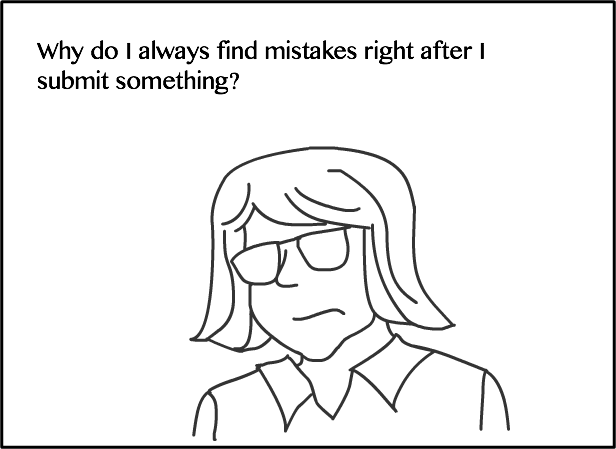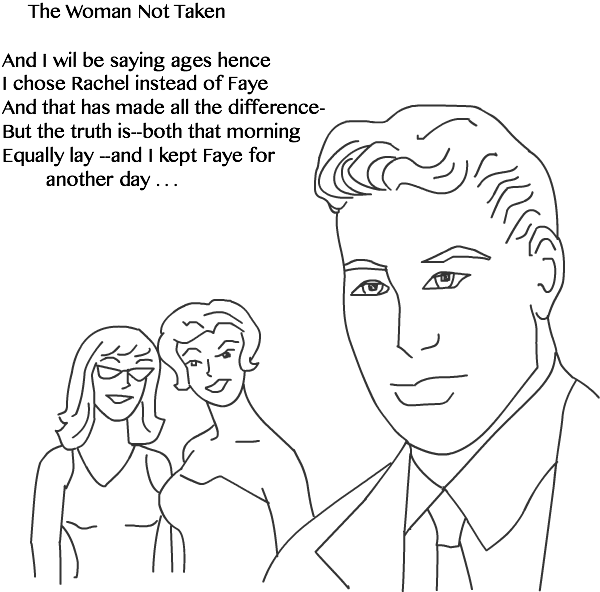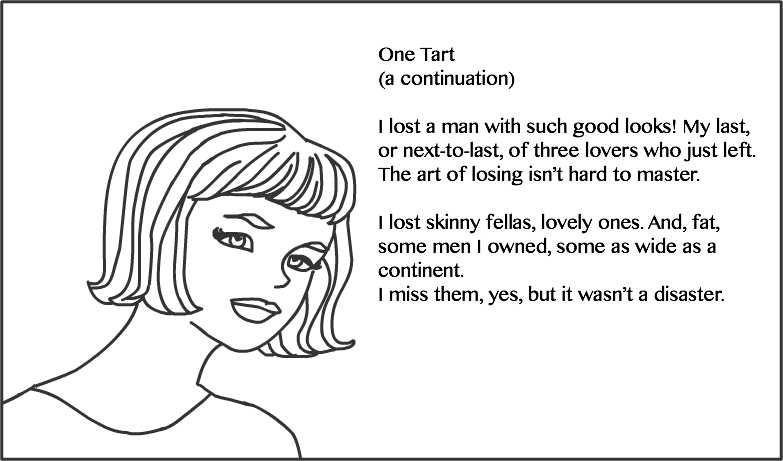Art for Art’s Sake
I’ve always liked the term that is a translation of the French, l’art pour l’art, meaning art should be for no other reason than its beautiful, beautiful self. I picture it as a goddess, as Rilke’s angel, as Dante’s Beatrice, as something so intoxicating, it should be illegal. And maybe it is.
I often think art as that place where logic goes around the bend, where the mind doesn’t stay tucked in like a shirt in tight trousers. Where a dream is as important as daily errands. Where the mind wanders and wonders about the humdrum and the absurd in equal proportions.
Maybe that's because I do have a habit of going around the bend.
I’ve always wondered about halos, for example, ever since the day I was told by a Sunday school teacher that I could grow a halo. But only if I behaved like an angel. (I didn’t worry about the “if only” part of the sentence.) Would it be hot? I asked. She said yes. Would I glow like a streetlamp? Would it be dangerous to walk around with a hot glowing head? She didn’t say. I thought about that for years, imagining myself lit up like a lamp all night on the downtown mall in Charlottesville, Virginia. Bugs would flit around me. Random drunks or addicts would stop by to chat, too drunk or drugged to be surprised to see a lady lit up like that.
It was that memory that inspired my poem, “The Woman with the Halo,” that is included in WHY GOD IS A WOMAN. As I was writing the poem, I began to wonder what if the poor woman could never turn off the light? Or dim the halo? What if she tried to lie down and sleep, and her sheets caught fire?
I also wondered, as I often do, what is the value of this kind of thought? Or poem?
Is it enough to say, l’art pour l’art . . . Or should art have a function? Like say, a cup holder?
As a mother, I often heard parents discourage their children from pursuing any kind of art because it has no use. And becasue the arts rarely create any income, which is why I often translate l’art pour l’art as art, poor art.
Years ago I taught with Robert Bly at a prose poem workshop in New Hampshire. One night we were out a restaurant, and he became suddenly angry about how poets let everyone take advantage of them. About how little the world rewards poets for their hard work. He was staying with a painter at the time, a man who sold his paintings for thousands of dollars. When will I ever sell a poem for anything more than a few bucks here, a few bucks there and nothing everywhere else? he asked. Do you know that I give my books away to anyone on the street? I mail them to perfect strangers, too? (It’s true. He not only gave his books away, but he mailed them to everyone and anyone.) I was really surprised because Robert Bly was so famous. He’d written best sellers. I assume his poetry sold well.
An idealist, I argued that money isn’t why we write poems. He looked at me blankly and said, So you don’t think much of yourself? You don’t think you have as much value as a carpenter? A garbage man? A secretary?
I thought of Bly when I was reading an interview with Eileen Myles in the Paris Review https://mail.google.com/mail/#search/paris+review/150249738cb53a5c and I ran across this quote:
“When I took the job at UC somebody came up to me at a reading and said, How does it feel to have sold out? I’m like, What did I sign up for? A life of poverty?”
I also thought of Bly when I met Sienna Oristaglio at the last AWP. Sienna and her co-workers, Noah Bloomenson-Cook, and Karina Vahitova have started the Void Academy http://thevoidacademy.com, which is committed to the idea that art has value. They design websites and teach artists how to connect to the world rather than push it away as I am inclined to do.
After all, how can I write if I am inviting the world into my life? And how can I worry about sales? Honestly, I don't want to get too depressed!
Thanks to that meeting (yes, SOMETHING good came out of AWP), I have this new website. I am getting used to it—having a place where people can easily find me on the web. A place to display my comics. I am still not sure about personal value. I do love their ideas, and I wonder if maybe Bly was onto something. He insisted change begins in our minds.





















